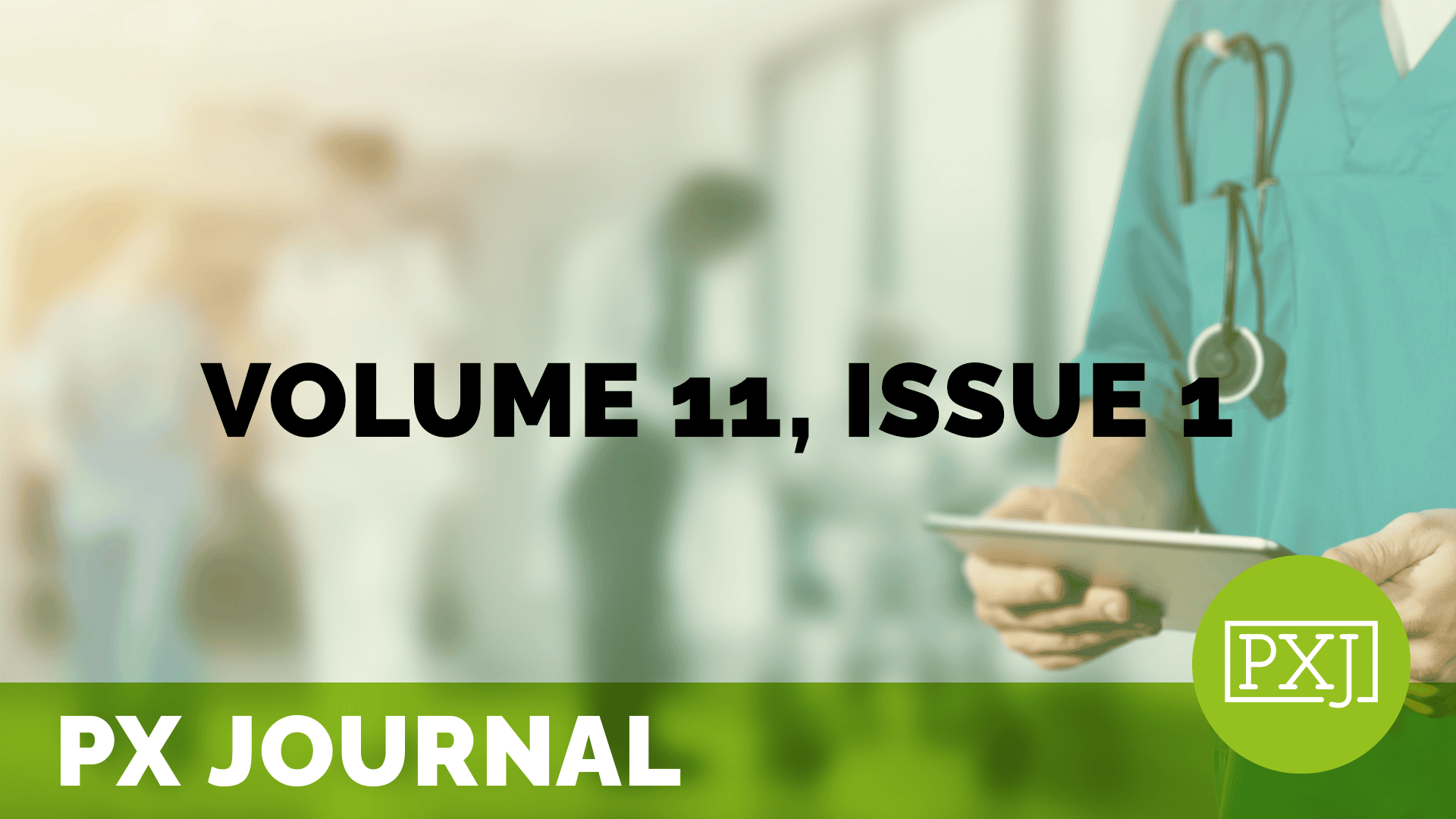The Mental Health Journey of Healthcare Workers Returning to Work After COVID-19 in Pakistan: Recovery and Resilience
Published April 30, 2024


Since the beginning of the COVID-19 pandemic various studies have reported that healthcare workers (HCWs) are not only at risk of exposure but also experiencing psychological distress. However, less is known about the mental health outcome of HCWs after their clinical recovery from COVID-19 infection. This study addresses a critical gap in our understanding by focusing on the mental health outcomes of HCWs in Pakistan after their clinical recovery from COVID-19 infection and the resumption of their duties. This cross-sectional, study was conducted among 272 HCWs who had recovered COVID-19 infection. The symptoms of depression were assessed by Patient Health Questionnaire-9. Multivariable logistic regression was performed to identify factors associated with depression. The findings revealed a depression prevalence of 33.82% among the HCWs in the study. Factors such as being female, middle-aged, having lower income, and working in COVID-19 wards increased the risk of depression. Moreover, those who perceived less social support from coworkers and supervisors and experienced an increased workload after resuming duties showed higher depression rates. In conclusion, the study emphasizes that clinical recovery from COVID-19 infection does not guarantee functional recovery for HCWs. To support their psychological well-being and resilience, it underscores the importance of enhanced social support in the workplace for who resume their duties after recovering from COVID-19 infection.
